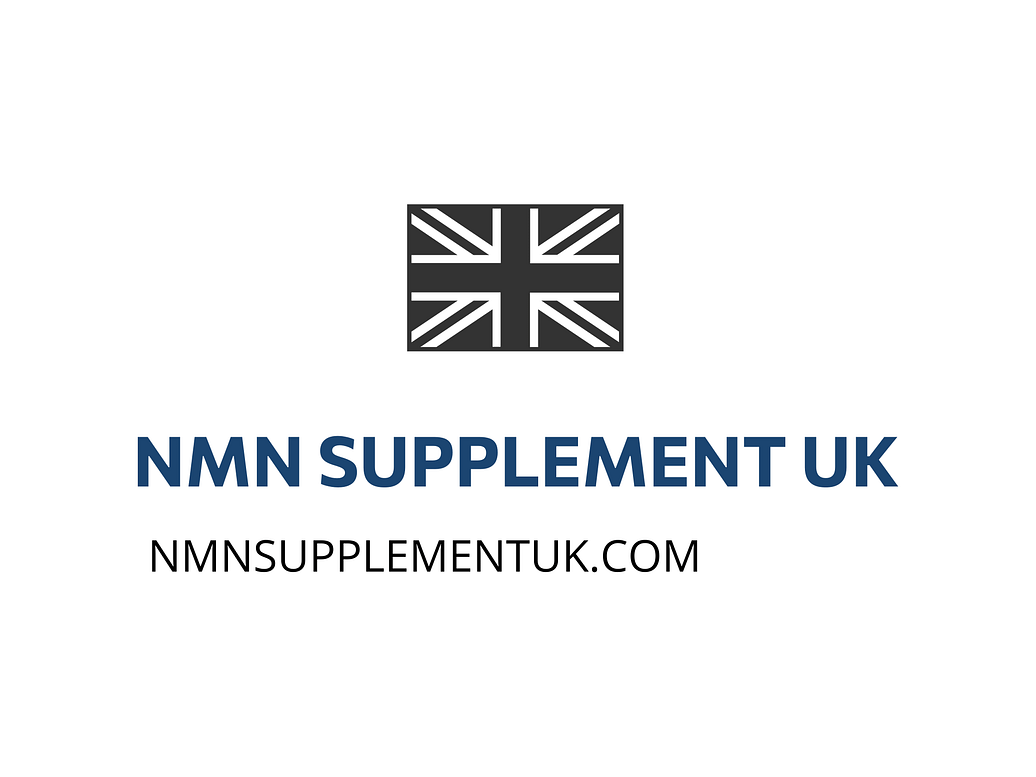Top 10 Strategies for how to lose weight in under 30 days
An Critical Review of health supplements: 14 Key Findings
When it comes to health supplements, there’s a lot of confusion and misinformation out there. As someone who’s passionate about health and wellness, I’ve spent countless hours researching and analyzing the latest studies and trends. This exploration of, I’ll share my findings on the world of health supplements, including the benefits, risks, and everything in between. If you’re considering adding supplements to your daily routine, you’ll want to read this before making any decisions. And if you’re looking for high-quality health supplements, you’re in the right place.
Introduction to Health Supplements
Health supplements are a multi-billion dollar industry, with thousands of products on the market claiming to do everything from boosting energy to supporting weight loss. But what exactly are health supplements, and how do they work? Simply put, health supplements are products that contain vitamins, minerals, herbs, or other nutrients that can help support overall health and wellness. They can come in many forms, including pills, powders, and liquids.
One of the biggest challenges when it comes to health supplements is navigating the vast array of options available. With so many products on the market, it can be tough to know what to choose. That’s why I’ve put together this critical review of health supplements, highlighting 14 key findings that you need to know. From the benefits of certain nutrients to the risks of contamination and interactions, I’ll cover it all.
Key Finding #1: Not All Supplements Are Created Equal
When it comes to health supplements, quality is everything. Unfortunately, not all supplements are created equal. Some products may contain fillers, additives, or other ingredients that can be harmful to your health. That’s why it’s so important to choose a reputable brand that uses high-quality ingredients and adheres to good manufacturing practices (GMPs). Look for products that have been tested by third-party organizations, such as NSF International or the National Science Foundation.
For example, I recently came across a study that found many supplement products contained high levels of heavy metals, such as lead and mercury. This is a serious concern, as these toxins can cause a range of health problems, from neurological damage to cancer. By choosing a high-quality supplement brand, you can minimize your risk of exposure to these contaminants.
The Benefits of Health Supplements
So, what are the benefits of health supplements? The answer to this question is complex, and it really depends on the specific supplement and individual needs. Some supplements, such as multivitamins, can help fill nutritional gaps in the diet. Others, such as probiotics, can support gut health and immune function.
One of the most well-studied supplements is omega-3 fatty acids, which have been shown to support heart health and reduce inflammation. In fact, a study published in the National Institutes of Health found that omega-3 supplements can lower triglycerides and reduce blood pressure. This is a big deal, as heart disease is one of the leading causes of death worldwide.
Another benefit of health supplements is that they can be tailored to individual needs. For example, if you’re a vegetarian or vegan, you may need to supplement with vitamin B12 or iron. Similarly, if you’re an athlete or engage in regular physical activity, you may need to supplement with protein or creatine to support muscle growth and recovery.
Key Finding #2: Supplements Can Help Fill Nutritional Gaps
Even with a healthy diet, it’s possible to have nutritional gaps. This is especially true for certain populations, such as vegetarians, vegans, or those with restrictive diets. Supplements can help fill these gaps, ensuring that you’re getting all the nutrients your body needs to function properly.
For example, I have a friend who follows a strict vegan diet. While she eats a variety of whole foods, she still needs to supplement with vitamin B12 and iron to ensure she’s getting enough of these essential nutrients. By taking a daily supplement, she can support her overall health and wellness, even on a restrictive diet.
The Risks of Health Supplements
While health supplements can be beneficial, there are also some risks to consider. One of the biggest concerns is contamination, which can occur when supplements are manufactured in facilities that also produce other products. This can lead to the presence of heavy metals, pesticides, or other toxins in the supplement.
Another risk is interactions with medications or other supplements. Certain supplements, such as St. John’s Wort, can interact with prescription medications, such as blood thinners or antidepressants. This can lead to serious health problems, including bleeding or serotonin syndrome.
Key Finding #3: Supplements Can Interact with Medications
If you’re taking any medications, it’s essential to talk to your doctor before taking any supplements. Certain supplements can interact with medications, increasing the risk of side effects or reducing their effectiveness. For example, if you’re taking blood thinners, you should avoid taking supplements that contain vitamin K, as this can reduce the effectiveness of the medication.
I recently spoke with a doctor who told me about a patient who was taking a supplement that interacted with their medication. The patient was taking a blood thinner, but they were also taking a supplement that contained vitamin K. This interaction caused the patient’s blood to become too thick, leading to a range of health problems. By talking to your doctor before taking any supplements, you can avoid these types of interactions and ensure your safety.
Regulation of Health Supplements
So, how are health supplements regulated? The answer to this question is complex, and it varies depending on the country and region. In the United States, the FDA is responsible for regulating health supplements, but the agency has limited resources and authority.
This means that many supplements aren’t tested for safety or efficacy before they hit the market. While some manufacturers may conduct their own testing, others may not, which can put consumers at risk. That’s why it’s so important to choose a reputable brand that adheres to good manufacturing practices (GMPs) and has been tested by third-party organizations.
Key Finding #4: Regulation of Supplements is Limited
The regulation of health supplements is limited, which can put consumers at risk. While some manufacturers may conduct their own testing, others may not, which can lead to the presence of contaminants or interactions with medications. By choosing a reputable brand and doing your research, you can minimize your risk and ensure your safety.
For example, I recently came across a study that found many supplement products contained high levels of heavy metals, such as lead and mercury. This is a serious concern, as these toxins can cause a range of health problems, from neurological damage to cancer. By choosing a high-quality supplement brand, you can minimize your risk of exposure to these contaminants.
Conclusion and Recommendations
As we’ve seen, health supplements can be a valuable addition to a healthy diet and lifestyle. However, it’s essential to approach supplements with a critical eye, considering the benefits, risks, and limitations. By choosing a reputable brand, doing your research, and talking to your doctor, you can minimize your risk and maximize the benefits of supplements.
If you’re looking for high-quality health supplements, I recommend checking out our product line. We offer a range of supplements that have been tested for safety and efficacy, and our products are manufactured in facilities that adhere to good manufacturing practices (GMPs). You can also learn more about our company and mission by visiting our About Us page, or by checking out our FAQ page for answers to common questions.
In 2025, the health supplement industry is expected to continue growing, with more products and options available than ever before. By staying informed and doing your research, you can navigate this complex landscape and make informed decisions about your health and wellness.
Key Findings Summary
Here are the 14 key findings from my critical review of health supplements:
- Not all supplements are created equal, and quality is everything.
- Supplements can help fill nutritional gaps, especially for certain populations.
- Supplements can interact with medications or other supplements, increasing the risk of side effects.
- Regulation of supplements is limited, which can put consumers at risk.
- Choosing a reputable brand and doing your research is essential for minimizing risk and maximizing benefits.
- Omega-3 fatty acids have been shown to support heart health and reduce inflammation.
- Probiotics can support gut health and immune function.
- Supplements can be tailored to individual needs, such as vegetarian or vegan diets.
- Contamination is a serious concern, and supplements can contain heavy metals or other toxins.
- Interactions with medications or other supplements can be serious, and it’s essential to talk to your doctor before taking any supplements.
- Regulation of supplements varies depending on the country and region.
- Third-party testing and certification can help ensure the quality and safety of supplements.
- By staying informed and doing your research, you can navigate the complex landscape of health supplements and make informed decisions about your health and wellness.
- In 2025, the health supplement industry is expected to continue growing, with more products and options available than ever before.
I hope this critical review of health supplements has been helpful in providing you with a nuanced and balanced perspective on the topic. Remember to always do your research, choose a reputable brand, and talk to your doctor before taking any supplements. By taking a critical and informed approach to health supplements, you can minimize your risk and maximize the benefits for your health and wellness.






